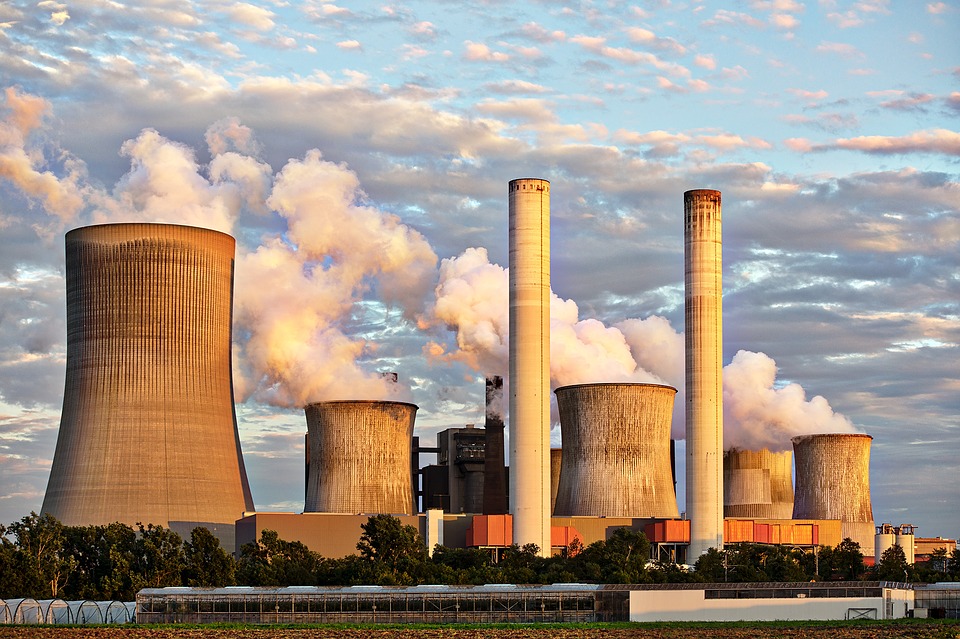The Polish Electricity Association (PKEE) appreciates the European Commission proposal to establish the Carbon Border Adjustment Mechanism (CBAM) to reduce the risk of carbon leakage and ensure that the price of imports more accurately reflects their carbon content.
The PKEE agrees with the Commission that increased EU climate ambition might increase the risk of carbon leakage, thus it is important to find an effective solution to mitigate that risk. A well-designed CBAM seems to be a reasonable option to ensure a level playing field between companies from the EU and from outside the EU, as well as to encourage third countries to step up their climate policies. In addition CBAM creates the opportunity to enhance local content, which is positive for domestic economies and for the environment due to savings in transport.
The PKEE evaluates positively the inclusion of imported electricity in the first phase of CBAM. The energy sector in the EU actively contributes to fulfilling climate goals and pays high additional climate-related costs under the EU ETS. Therefore, it is essential to ensure fair competition with energy generators from third countries, especially when they do not have similar environmental burdens. Another important issue which should be considered at the EU level is the import of electricity from nuclear power plants, which might seriously impact the EU electricity markets as they carry zero CBAM costs.
CBAM, as a part of the “Fit for 55 package”, should facilitate the achievement of new EU climate goals. Thus the PKEE believes that all revenues collected through CBAM should be dedicated solely to climate related investments and energy transformation, in particular in Member States which face the biggest challenges regarding transformation.
Besides many benefits of CBAM we have recognised some risks. Our main concern is about price increase of components needed for new renewable energy installations, such as materials for the production of wind turbines and PV installations. Members of The PKEE are developing huge investments in RES and potential increase of costs may hamper this process. The PKEE expresses hope that prices of goods included in CBAM (e.g. steel) will not skyrocket.
It is worth underlining that carbon leakage can occur rapidly. Therefore, special attention should be given to the transitional period and the replacement of free allowances under the EU ETS. In PKEE’s opinion this step should be taken carefully in order not to endanger the stability and predictability of the business environment for the production sectors in the EU. The final decision on the withdrawal of free allowances should be taken after the transitional period.
Another important issue is that CBAM certificates – contrary to the EU ETS allowances – cannot be traded between importers, declarants are only granted the re-purchase right under conditions of Article 23. This solution does not seem sufficiently flexible and needs reconsidering.
Furthermore, CBAM should be serviced at the EU level, which will unify standards, ensure transparency in the functioning of CBAM and will not create excessive administrative burdens for the Member States of the EU.
PKEE









